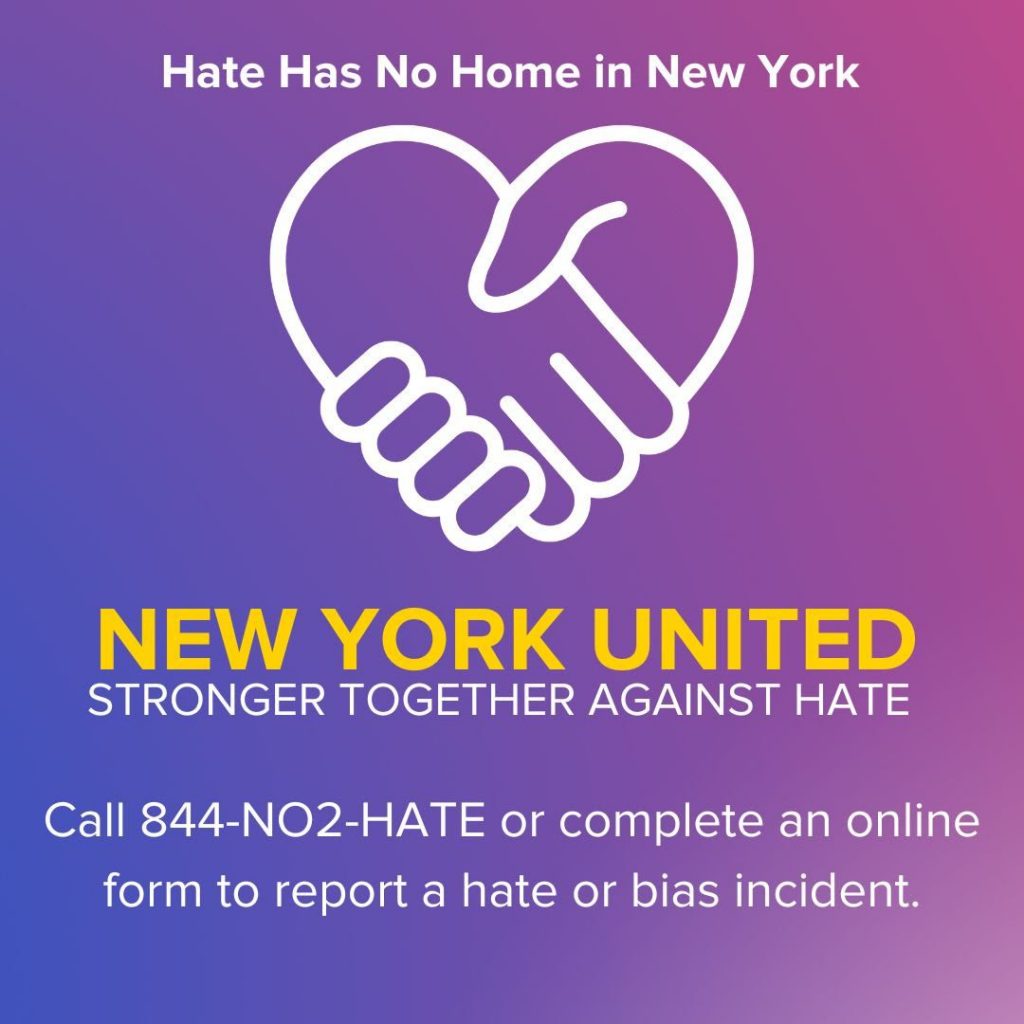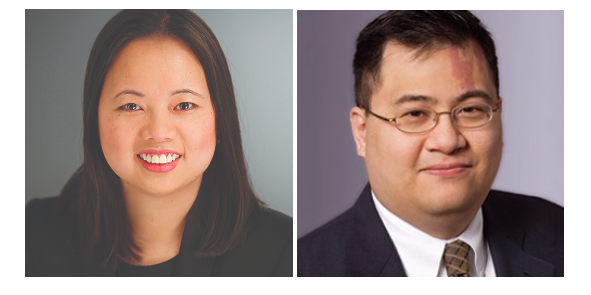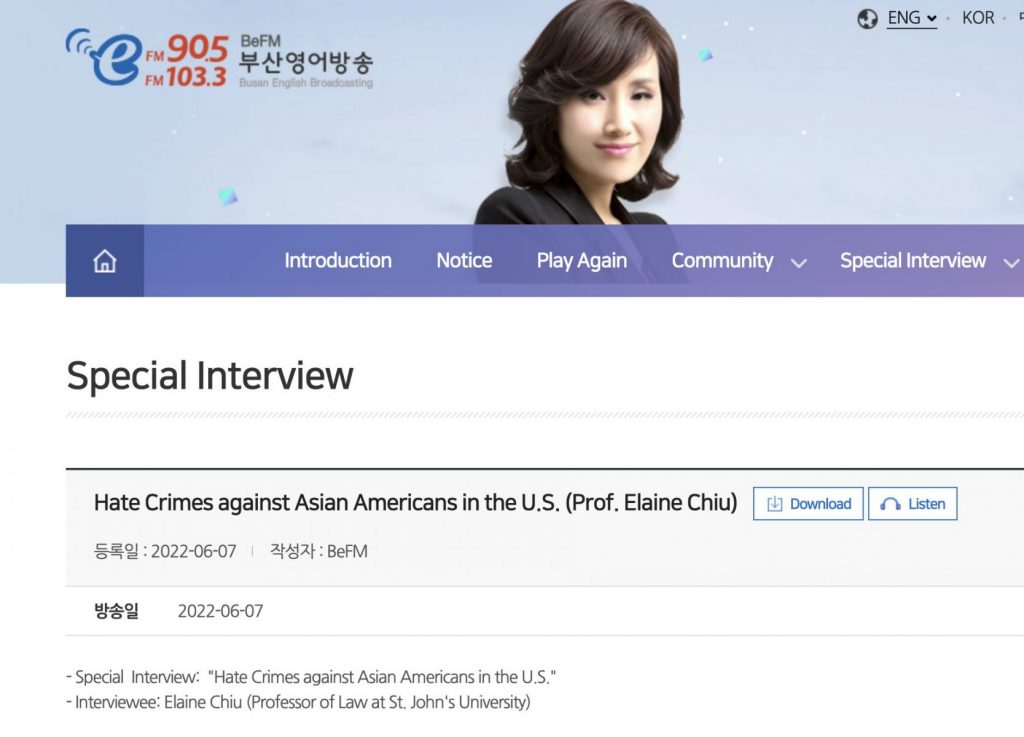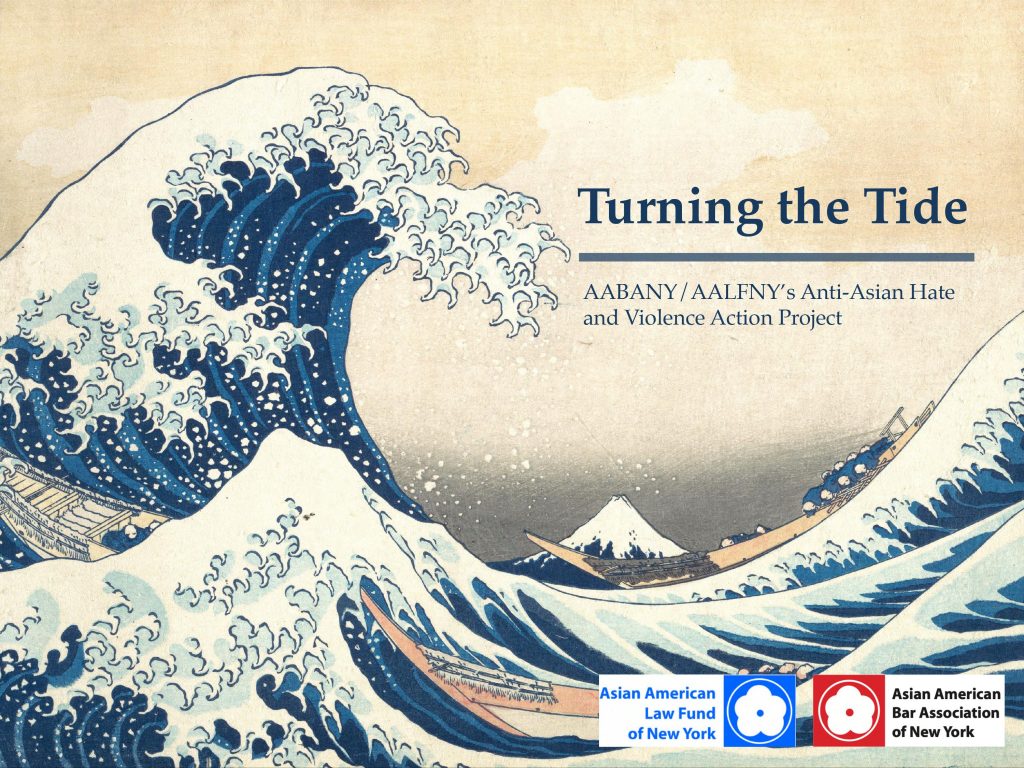For Immediate Release: December 2, 2025
Contact: Rahat N. Babar, Deputy Executive Director
WASHINGTON — On the day before Thanksgiving, blocks from the offices of the National Asian Pacific American Bar Association (NAPABA), an individual shot two members of the National Guard. Army Specialist Sarah Beckstrom, 20, tragically succumbed to her injuries on Thanksgiving Day, and Air Force Staff Sergeant Andrew Wolfe, 24, remains in critical condition. NAPABA mourns the loss of Specialist Beckstrom and extends our deepest condolences to her family, friends, and colleagues. We are holding Sergeant Wolfe, his loved ones, and the military community in our thoughts as he undergoes critical care.
We unequivocally condemn this horrific act of violence. Though a full investigation is pending, government officials revealed that the alleged perpetrator, who is now detained and faces criminal charges, arrived in the United States in 2021 from Afghanistan through a federal resettlement program.
The views from leaders at all levels play a powerful role in shaping how communities such as asylum seekers, refugees, and immigrants are understood. The criminal acts of one individual should not be used to paint an entire community, especially those who have sought protection from this Nation. Casting aspersions does nothing to advance public discourse, and instead, it serves to fuel hate, a fact that is all too familiar to the Asian American, Native Hawaiian, and Pacific Islander community.
The United States has taken on an obligation under domestic and international law to provide refuge to those fleeing persecution. This has particular resonance with the Asian American community. Nearly three million refugees from Southeast Asia fled conflicts in the 1970s, and new generations have arrived since. The protections offered by the United States as a leading signatory to the International Refugee Convention and 1967 Protocol are critical to uphold.
Countless numbers of Asian Americans and others throughout history fled persecution for a better life in the United States. We need not turn our back on history or the generations seeking refuge. NAPABA has consistently supported the refugee resettlement program and this Nation’s long history of welcoming those seeking the protections of our country.









